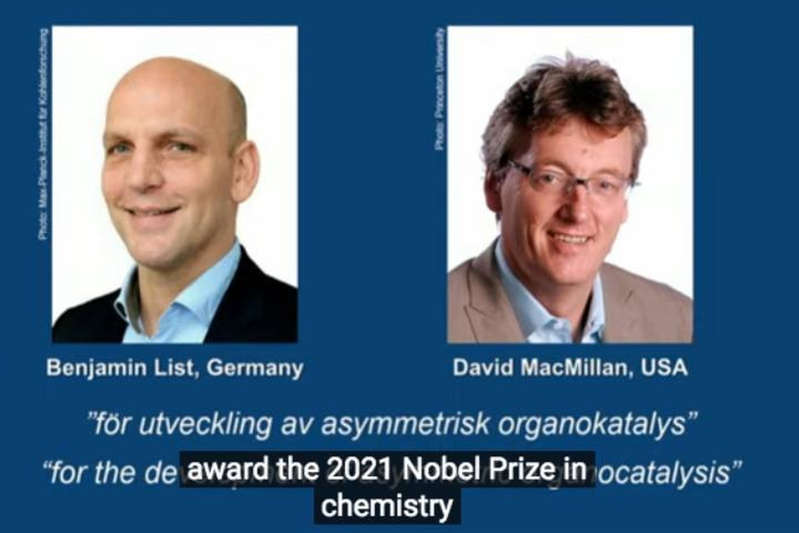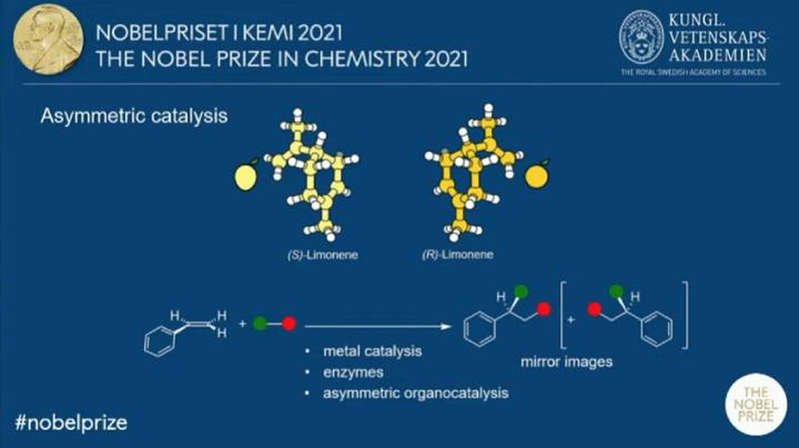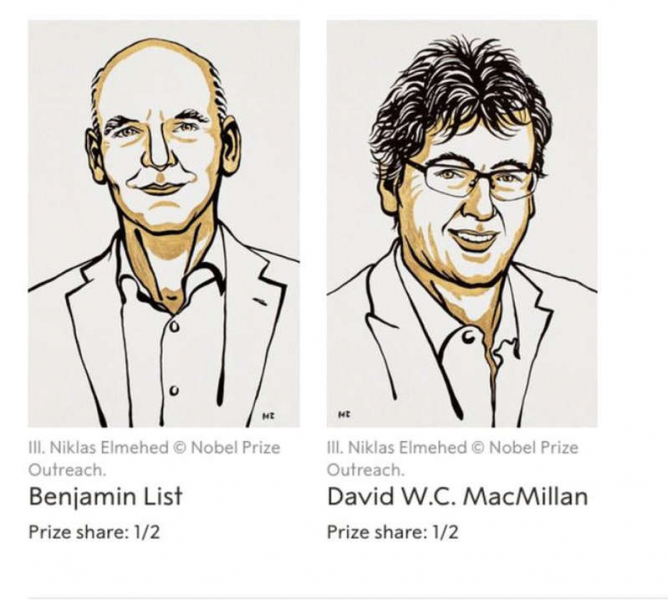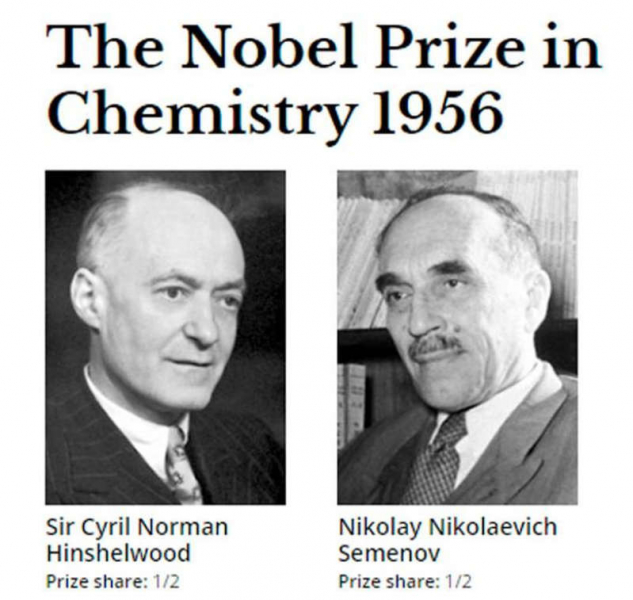
The Nobel week continues. The names of scientists are already known who are recognized as the best of the best in the field of physiology and medicine and physics.
Today, October 6, the Royal Swedish Academy of Sciences, after a little hesitation – about 20 minutes, named the 2021 Nobel Prize winners in chemistry. They are the German Benjamin List from the Max-Planck-Institut fr Kohlenforschung, Germany and the American David MacMillan from Princeton University, USA. Scientists were awarded “for the development of asymmetric organocatalysis”. Simply put, for the creation of tools – catalysts that allow you to purposefully design various molecules. This most asymmetric organo-catalysis is now widely used everywhere – in the pharmaceutical industry to design, say, all kinds of perfumes and medicines, in chemical production, making it “greener” – more environmentally friendly.

Catalysts for chemists are what a scalpel and forceps are for a surgeon. Fundamental tools. They speed up and control chemical reactions without becoming part of the final product. Some reactions do not proceed at all without catalysts.
Even our bodies have catalysts. They “work” a variety of enzymes that supply people with the molecules necessary for life.
Enzymes are one type of catalyst; metals are another. They were known to chemists. And others do not exist at all, as it was believed for a long time. But in 2000, the current laureates, independently of each other, created a new type of catalysts and, accordingly, a new type of catalytic process – the same asymmetric organic process based on small organic molecules.

As noted in a press release from the Nobel Committee, “organic catalysts bring the greatest benefit to humanity.” They have a stable skeleton of carbon atoms, they are environmentally friendly and cheap to manufacture. Organic catalysts can be used to control a variety of chemical reactions and create anything from new pharmaceuticals to molecules that can capture light in solar panels.

Last year, the Nobel Prize in Chemistry went to genetics Emmanuelle Charpentier and Jennifer Doudna. But they really “nahimich”, as they say, from the bottom of their hearts. Women scientists were noted “for developing the method of genome editing” – specifically for the creation of the so-called genetic scissors CRISPR / Cas9, which can be used to cut individual sections from a DNA chain and insert them into other chains, while changing the sequence of DNA molecules.
BTW Semenov – he is the only one
Only one of the domestic scientists became Nobel laureates in chemistry – Academician Nikolai Semenov. He won the award in 1956, dividing it in half with the British scientist Sir Cyril Hinshelwood. They were noted for their researches into the mechanism of chemical reactions.
Nikolai Semyonov carried out decisive experiments in the 1920s and 1930s, creating, as a result, the theory of branched chain reactions.
The outstanding Russian chemist Dmitry Mendeleev is worthy of a million Nobel Prizes, or even more. I simply had to get it – “for the creation of the Periodic Table of Elements – an outstanding work of all times and peoples,” as the Nobel Committee could formulate. But he did not receive it, although he was nominated three times – in 1905, 1906 and 1907. In the first two years, the intrigues of competitors prevented, and the next year Dmitry Mendeleev was gone.

